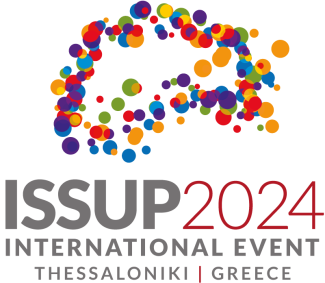Recovery capital helps us better understand the process of recovering from a substance use disorder (SUD) and determine the success of recovery and treatment interventions, improve coping strategies, and enhance an individuals’ quality of life in recovery. Understanding how to measure and...
